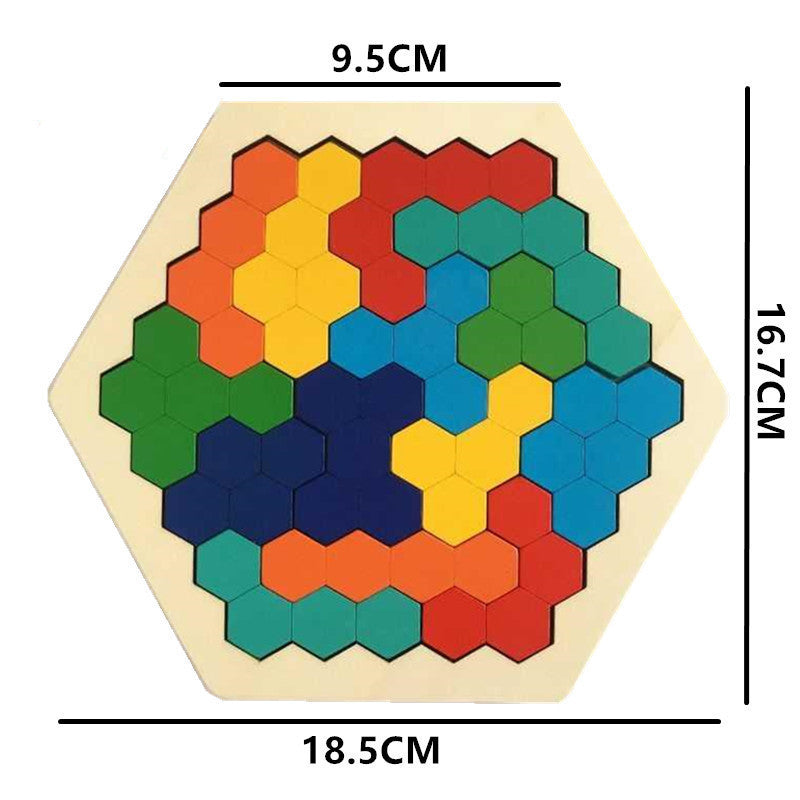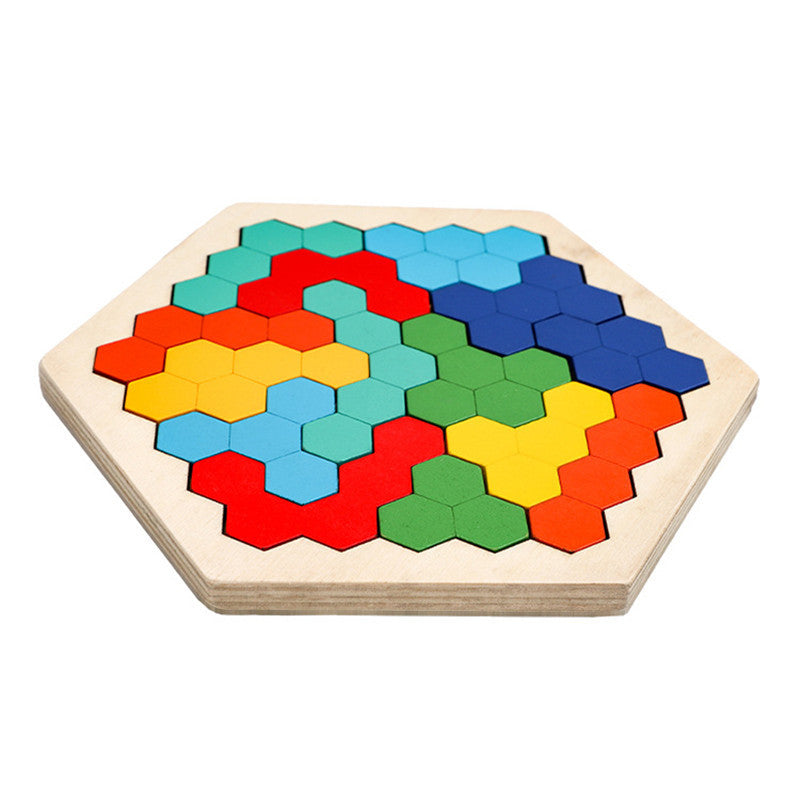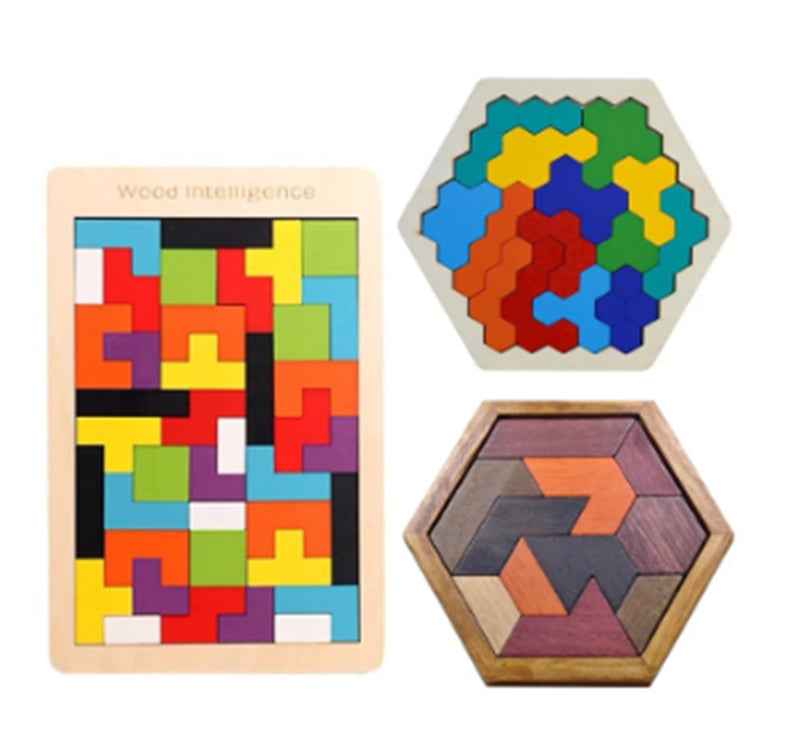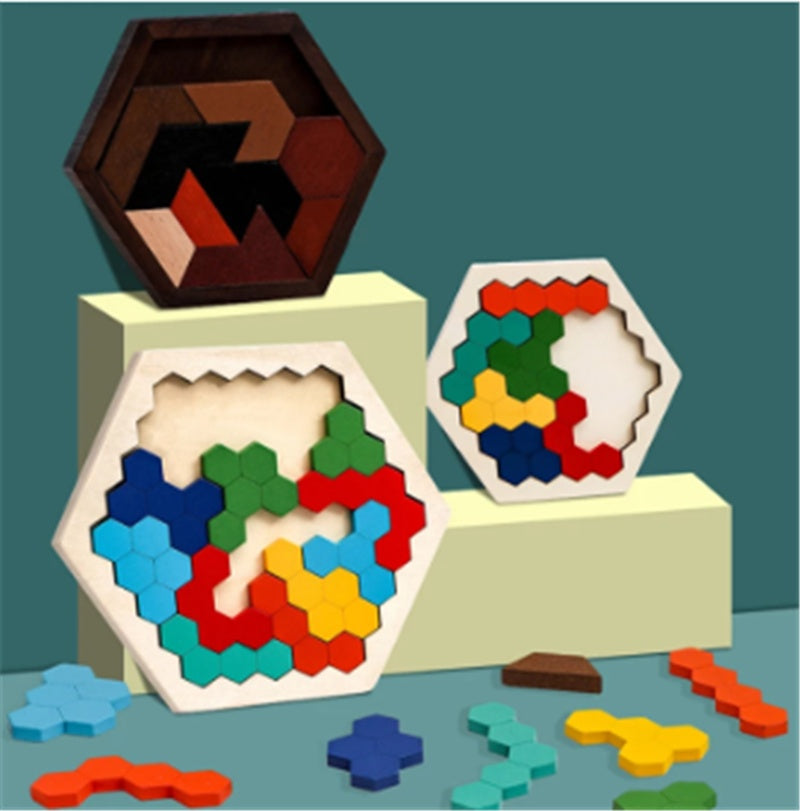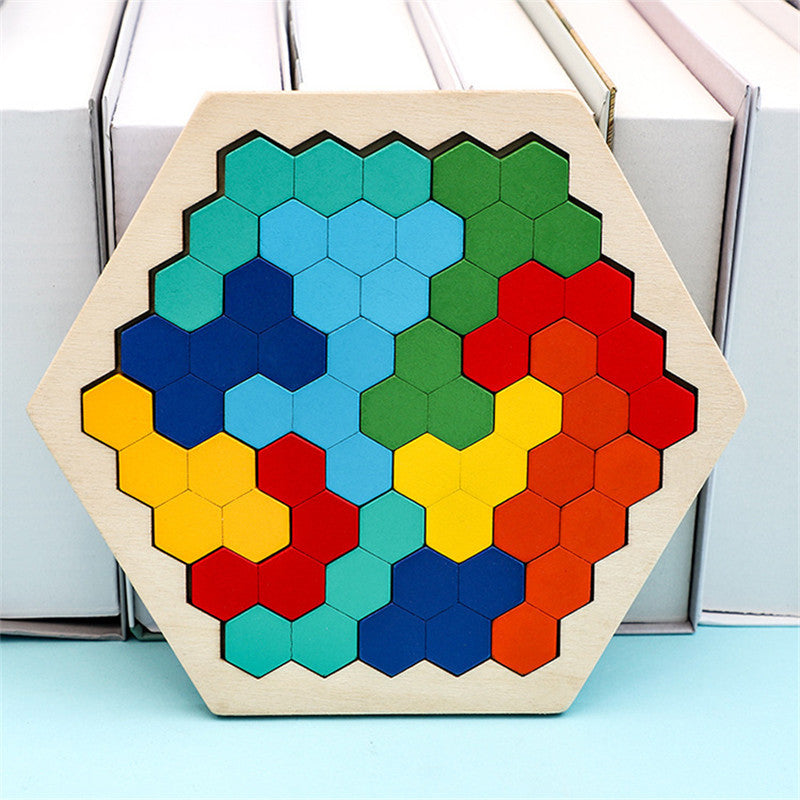1
/
of
5
1
Jigsaw Puzzle Toys for Kindergarten Babies
Jigsaw Puzzle Toys for Kindergarten Babies
Regular price
$19.85 USD
Regular price
Sale price
$19.85 USD
Unit price
/
per
Couldn't load pickup availability
Jigsaw puzzle toys offer a variety of benefits for kindergarten-aged children. Here are some key advantages:
1. Cognitive Development
- Problem-Solving Skills: Puzzles challenge children to think critically and logically as they figure out how pieces fit together. This improves their problem-solving skills.
- Memory Enhancement: Remembering the shapes, colors, and where specific pieces go strengthens short-term and working memory.
2. Fine Motor Skills
- Hand-Eye Coordination: Manipulating small puzzle pieces helps improve hand-eye coordination, as children learn to align their hands and eyes to place pieces correctly.
- Finger Dexterity: Picking up and placing pieces helps develop fine motor skills in their hands and fingers, which is essential for other activities like writing.
3. Language Development
- Vocabulary Building: While working on puzzles, children often describe the pieces (e.g., "circle," "red," "big," "small") and discuss strategies, which helps expand their vocabulary.
- Communication Skills: They may engage in conversations with peers or adults, discussing the puzzle, which improves verbal communication.
4. Social Skills
- Cooperation: When working in pairs or groups, children learn to take turns, share, and collaborate. This fosters teamwork and patience.
- Emotional Growth: Completing a puzzle can boost self-esteem and confidence. It also teaches children how to manage frustration when things aren’t going right.
5. Focus and Concentration
- Attention Span: Puzzles require sustained attention to detail, helping children increase their ability to focus on tasks for longer periods.
- Patience: Working through puzzles teaches children the importance of being patient and persistent when they face challenges.
6. Visual-Spatial Skills
- Shape Recognition: As children work with different puzzle pieces, they learn to recognize and understand various shapes and how they fit into specific spaces.
- Spatial Awareness: Puzzles help develop spatial reasoning as children learn to visualize how pieces will fit together, which is a foundational skill for geometry and other math concepts later on.
7. Creativity and Imagination
- Visual Creativity: Jigsaw puzzles often feature vibrant colors, animals, or nature scenes, sparking imagination and creativity as children connect pieces and visualize the completed picture.
8. Confidence and Achievement
- Sense of Accomplishment: Completing a puzzle provides a sense of achievement, boosting a child's confidence and reinforcing positive feelings toward learning and challenges.
9. Stress Relief
- Calming Activity: The process of focusing on a puzzle can be relaxing for young children, helping them reduce stress or anxiety.
Share
